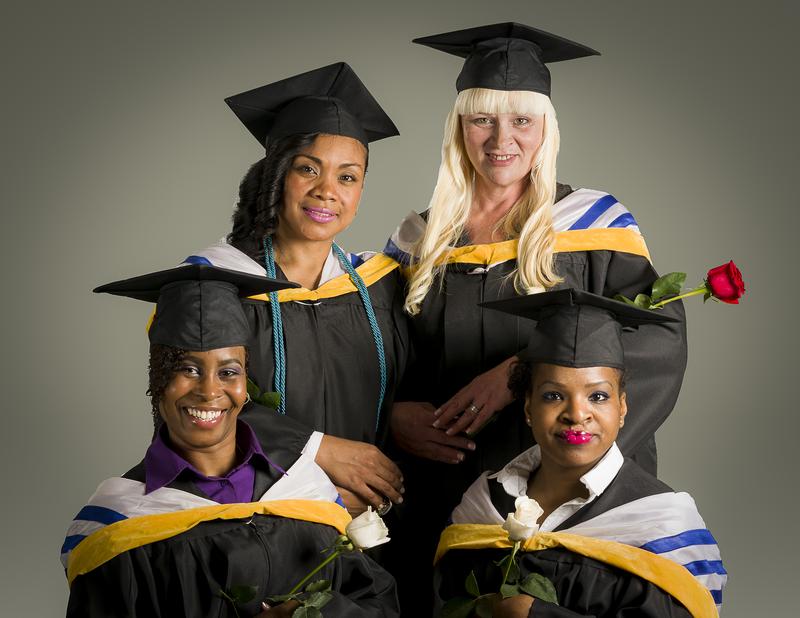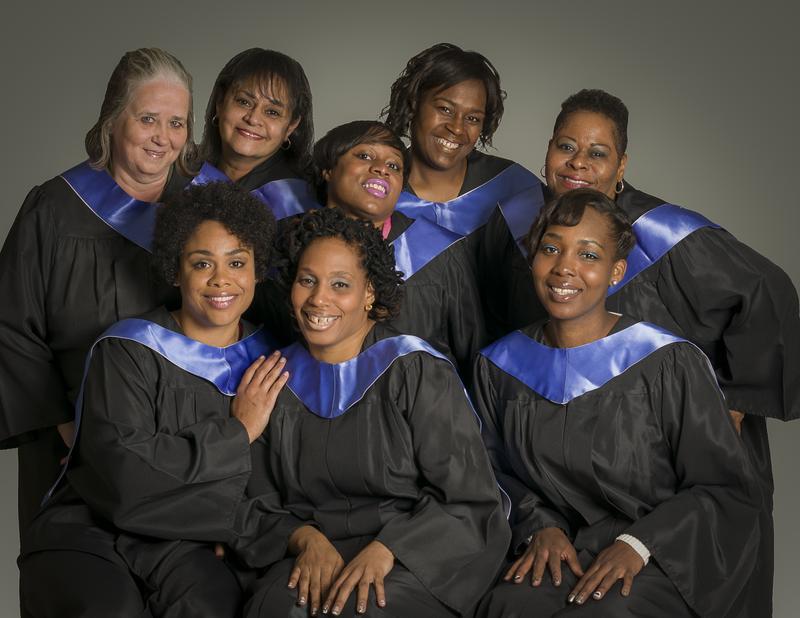
Assia Serrano from Springfield Gardens, Queens, has been in prison for 13 years. It's taken her nearly that whole time to get here: being one of four female inmates in the state of New York to earn her bachelor’s degree this spring.
“I didn’t think this day would come. It took me 10 years but here I am. I’m so happy,” Serrano said. “Now, I don’t want to stop.”
One of the other graduates, Akilah Whitley, earned her bachelor’s in eight years. She said the memory of her mother kept her going.
“I lost her in 2002 and since then I promised her I would do whatever I can to just achieve and keep going because she believed in me,” Whitley said.
She and Serrano are inmates at Bedford Hills Correctional Facility in Westchester County. It's the only state prison in New York that offers female prisoners a path to a bachelor's degree. It takes between eight and 10 years to earn a bachelor's in prison because the women work during the day. There is only one major: sociology.
It wasn't always this way. Back in the 1970s and 80s, prisoners could get a federal Pell Grant to help pay for tuition. The money would go to the colleges providing the education behind bars. But that ended when then-President Bill Clinton signed the Violent Crime Control and Law Enforcement Act of 1994 into law.
At the time, lawmakers said they couldn’t justify helping inmates pay for college when people on the outside were struggling to afford it. There was a perception that it was taking money away from non-inmates when, in fact, there was no cap on the number of people who could qualify for the Pell Grant.
Still, when the new law went into effect, college programs in prisons collapsed, according to Aileen Baumgartner, the director of Bedford's program.
“Suddenly inmates who were getting a college education had stopped overnight,” she said.
There were about 350 college programs in U.S. prisons at the time and all but eight closed. The women at Bedford Hills lost their program, too.
Today, funding for college programs in prison relies on private schools and motivated communities.
“Once an interested college has been identified, they must raise the necessary funding and work closely with the facility to develop a proposal for the program,” a spokesperson for the New York State Department of Corrections and Community Supervision said in an email.
Marymount Manhattan College and community members mounted a fundraising campaign and, in the spring of 1997, they brought college back to Bedford Hills. Since then, prisoners there have earned 55 bachelor’s degrees and 150 associate’s degrees from Marymount.
According to the Corrections Department, 41 male inmates of the state's 49,112 male prison population are expected to earn their bachelor’s by the end of 2017. Of the 2,300 female inmates in New York, four more are expected to earn their bachelor’s by December.
Meanwhile, Serrano said she needs something else to study while she serves the five years remaining before being eligible for release.
“I need a master’s program to occupy myself,” she said. “Men have a master’s program. We don’t have it.”

